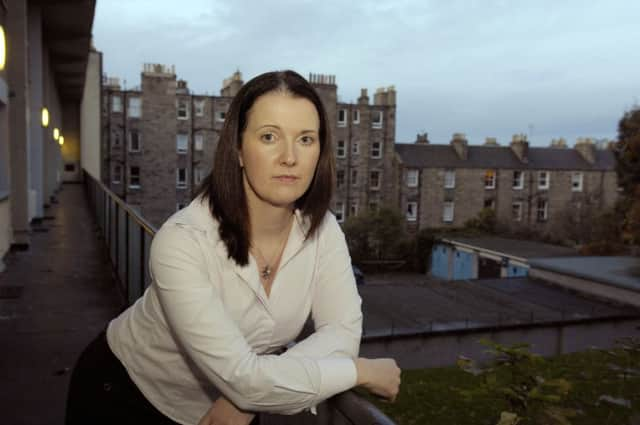Chris Marshall: FAI reform is a must


Mr Adamson was 26 when he was electrocuted while working on wiring at a JJB fitness centre in Dundee. But, despite the fine, three of the company’s senior employees walked free from court after being told they had no case to answer over Mr Adamson’s death.
His family were forced to endure a three-and-a-half week trial, but it was only through that process that they learned the full details of what happened to him.
Advertisement
Hide AdAdvertisement
Hide AdYesterday, Michael sister, Louise Taggart, told MSPs on the Scottish Parliament’s justice committee that many families never find out the full circumstances of a loved one’s death due to plea deals between the companies responsible and prosecutors.
She called for time limits to be introduced for Fatal Accident Inquiries to prevent families waiting years just to find out that no inquest will take place.
She was joined by Julie Love, whose son Colin drowned while on holiday in Venezuela in 2009. Had Colin been English, his death would have been the subject of a coroner’s inquest, but because he was Scottish, no such investigation took place.
The two women have worked hard to highlight serious failings in Scotland’s FAI legislation, failings which the Scottish Government is now belatedly attempting to address with the Inquiries into Fatal Accidents and Sudden Deaths etc. (Scotland) Bill.
Currently making its way through parliament, the act contains a provision which allows for the sudden or unexplained deaths of Scots overseas to be subject of a FAI at the discretion of the Lord Advocate. However, there is nothing in the legislation which seeks to speed up the FAI process.
Ms Taggart is among those calling for FAIs to be allowed to begin before any criminal proceedings, even if there is a need to adjourn once a trial gets under way.
Lord Cullen, who led a review of FAI legislation in 2009, has proposed that an initial hearing take place to give families an idea of how the legal process will develop. He said long delays for FAIs were “very dismaying and very, very unfortunate”.
But the former judge said any such move to bring forward FAIs ran the risk of prejudicing later criminal proceedings.
Advertisement
Hide AdAdvertisement
Hide AdYet that is how the system works in England – criminal proceedings can take place before or after the coroner’s inquest, depending on the case.
With some families waiting up to seven years following a loved one’s death to be told there will be no FAI, the case for change is undeniable.